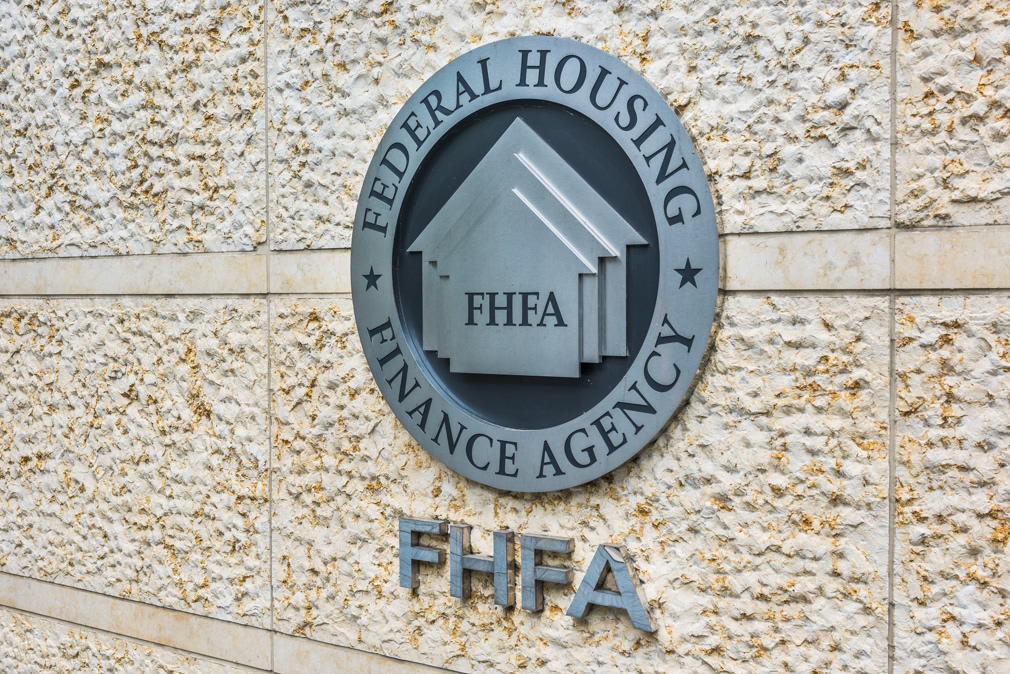The watchdog for Fannie Mae and Freddie Mac hired investment bank Houlihan Lokey Capital to advise it on what is likely to be the largest public share offering in U.S. history.
The Federal Housing Finance Agency said on Monday Houlihan Lokey Capital will create a “roadmap” that will include business and capital structures, market impacts and timing, and available capital-raising alternatives, among other items.
Naming the advisor is the first step in the underwriting process to free the companies known as government-sponsored enterprises, or GSEs, from conservatorship that began during the financial crisis in 2008.
“Hiring a financial advisor is a significant milestone toward ending the conservatorships of the Enterprises,” said FHFA Director Mark Calabria. “The next major milestone for FHFA is the re-proposal of the capital rule, which will happen in the near future.”
The size of the share offering may be as high as $200 billion, according to sources. In comparison, the largest IPO in history was last year’s offering of Saudi Aramco, the Saudi Arabian government’s petroleum and natural gas company. It raised $25.6 billion on Dec. 5, beating Alibaba’s $25 billion IPO in 2014.
For the record, offering shares of Fannie Mae and Freddie Mac technically wouldn’t be “initial public offerings,” because Fannie Mae began trading on the New York Stock Exchange in 1968, and Freddie Mac began trading on the same exchange in 1989.
The “offering” would be the 80% of Fannie Mae and Freddie Mac held by the federal government since 2008.
The main reason for the shaky finances that prompted the takeovers were investments in private-label subprime mortgage bonds, containing loans that didn’t qualify to be backed by the two companies but were bought as a way to fulfill their Congressional mandate to invest in affordable housing.
Shares of the companies once traded above $68 and were considered as safe as U.S. Treasuries because of an implied government backing. They were kicked off the NYSE after their government takeovers and became penny stocks. In November 2008, you could have bought a share of Fannie Mae for 54 cents. Today, it would cost around $3.






